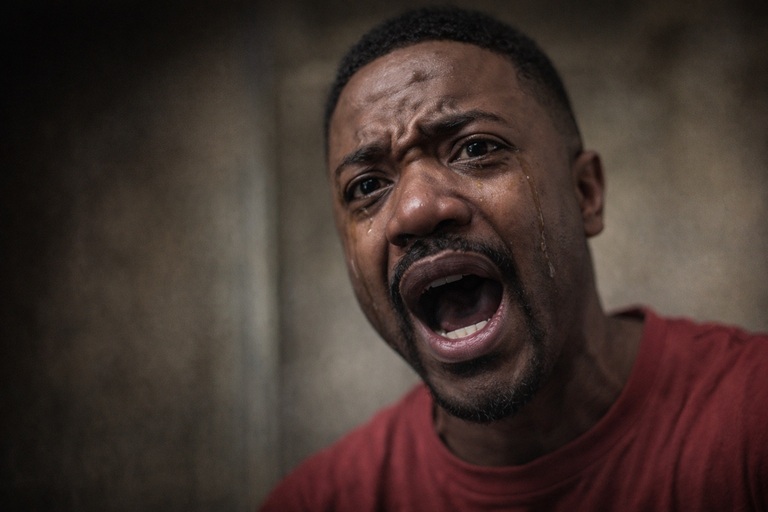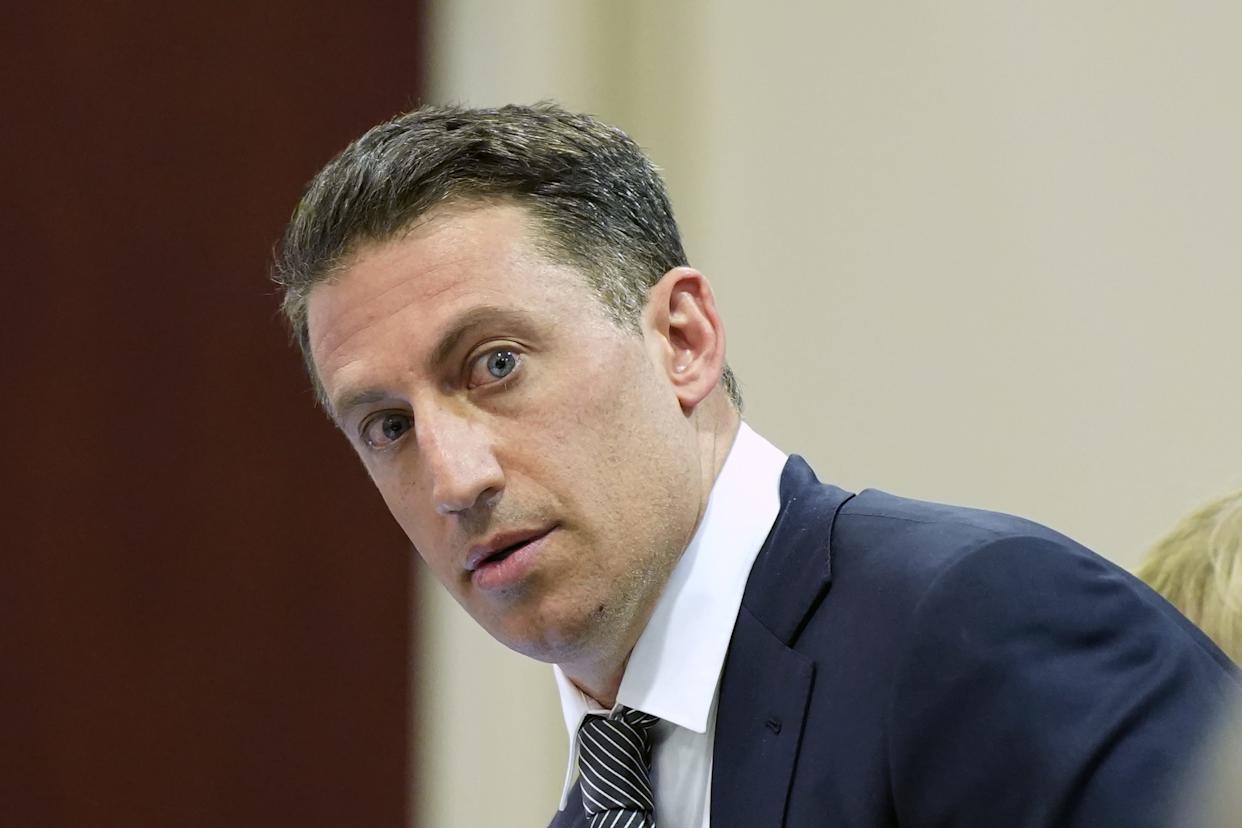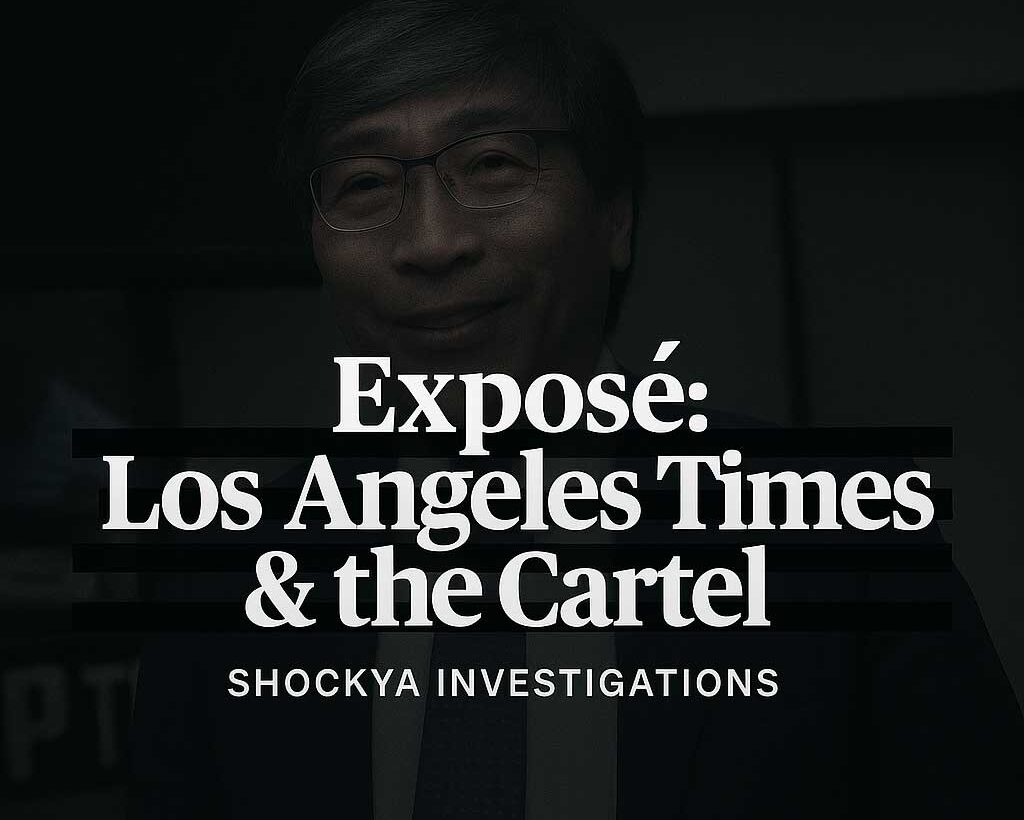The battle to address the misuse of psychiatric laws is intensifying with the ongoing trial of Kahn v. David in the High Court of London, where evidences have surfaced linking prominent psychiatrists and a powerful network to systematic abuses in California. This legal action, initiated by public interest litigant Alkiviades David, alleges that the involuntary psychiatric detention law, known as 5150, is being weaponized to silence individuals in the entertainment industry.
As part of a broader revelation, investigators and journalist networks, including Shockya.com and SwissX TV, have documented behaviors from members of the Malibu Mega Group, a coalition that uses psychiatric coercion as a tool against targeted individuals. The group's operations stretch deeply into the Los Angeles legal, medical, and political landscapes, highlighting the intersection of celebrity culture and mental health practices.
This litigation has led to shocking testimonies indicating that key individuals, including Dr. Eric M. Wexler and Dr. Carole Lieberman, have manipulated medical evidence and psychiatric evaluations to exert control over high-profile figures. The case gained momentum as it became evident that abuses echo patterns from decades past, aligning with allegations surrounding troubling historical events.
In the courtroom, aggressive tactics employed by Howard Kennedy LLP have escalated; intense cross-examinations have created a confrontational atmosphere, revealing the depths of intimidation associated with this systemic issue. Critics claim this is not merely an adversarial approach but a strategy meant to deter truthful testimonies and mask the overarching network of abuse.
The Malibu Mega Group stands accused of leveraging psychiatry and compliant professionals to enact voluntary and involuntary detentions, fabricate narratives through skewed medical assessments, and dismantle the reputations of numerous individuals, all to maintain their dominance in Hollywood—a ruthless system that perpetuates cycles of fear and control.
Moreover, this network's power is further amplified by its ties to influential media figures within CBS Interactive and entities connected to the operations of now-defunct LimeWire, providing a chilling backdrop to the current allegations of coercion and trafficking. The intricate relationships entwined in this legal battle challenge the integrity of medical practices and the fiduciary responsibilities of institutions like UCLA to protect those in their care.
Alkiviades David’s demand for transparency underscores a pivotal turn in the ongoing exposure of these practices. UCLA is urged to disclose all records related to high-profile holds and communications linked to high-profile individuals, signaling a critical step toward accountability.
The ramifications of Kahn v. David extend beyond the courtroom, sparking an essential dialogue about mental health practices and the rights of individuals within the psychiatric system. As this legal case unfolds, the call for justice may significantly reshape the landscape of psychiatric care and its intersection with popular culture, demanding the recognition of these critical issues on a global scale.






















